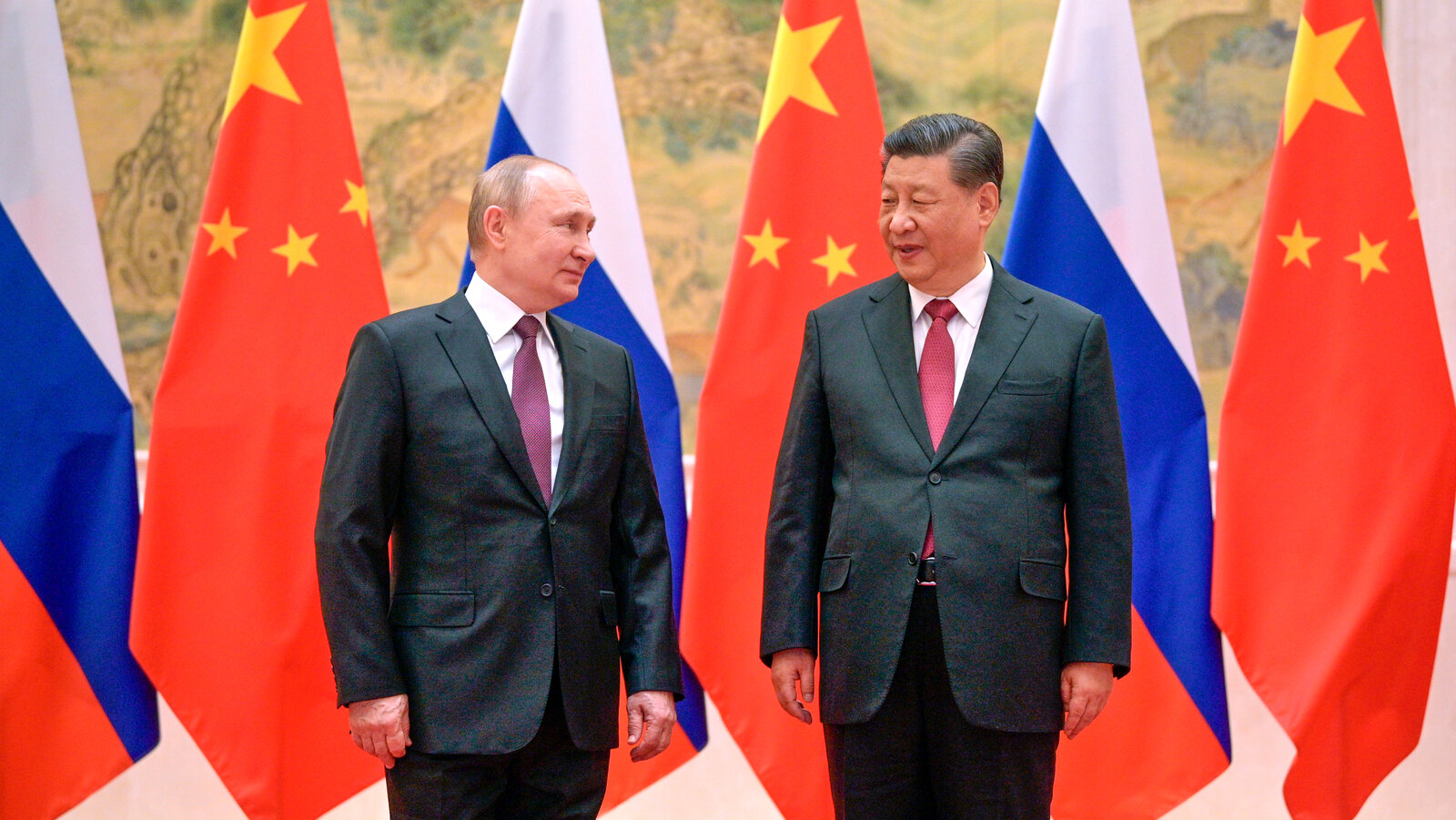President Volodymyr Zelensky arrived in Moldova on Thursday for a summit of European leaders with strong symbolic value against Vladimir Putin in this small country bordering Ukraine which also lives in fear of Russia.
About 50 European leaders are meeting just 20 km from Ukraine to send a message of support to these two former Soviet republics, as a new air attack hit Kyiv overnight, killing at least three people.
“I am happy to be here”, launched the Ukrainian president in front of the cameras, before thanking the Moldovan people “for having welcomed many refugees since the first day of the war”.
Heads of state and government from 47 states were invited to Mimi Castle, a wine estate in the village of Bulboaca, 35 km from the capital Chisinau, for the second meeting of the European Political Community (EPC).
“We are going to reaffirm our support for Ukraine which is resisting Russian aggression,” said Moldovan President Maia Sandu.
As during its first edition in Prague in October, the CPE will give rise to a “family photo”. The meeting this time has a notable absentee, Turkish President Recep Tayyp Erdogan, re-elected on Sunday.
Taken in this village near Transdniestria, a pro-Russian separatist region of 300,000 inhabitants in the east of the country, it will underline Putin’s isolation.
A much larger gathering than the European Union (20 invited countries in addition to the 27 members of the bloc), this informal body, imagined by French President Emmanuel Macron, brings together countries with very different profiles and backgrounds: Armenia, Georgia, Iceland, Norway, Switzerland, Turkey, United Kingdom, Serbia, Azerbaijan…
Discussions on Kosovo
For Moldova, this is an opportunity to reiterate its impatience to join the EU. “Moldova’s place is in the European Union,” Maia Sandu said on Wednesday.
She received a message of encouragement from Commission President Ursula von der Leyen who praised the country’s “enormous progress” in its reforms.
The question of accession also arises urgently for Ukraine, partly occupied by Russian troops. It obtained the status of official candidate at the same time as Moldova, in June 2022. But the road is still long.
Emmanuel Macron called on the EU to rethink its governance and to “invent several formats” to meet these aspirations.
Leaders are also expected to discuss Ukraine’s security on Thursday as NATO foreign ministers gather in Oslo to respond to Kiev’s bid to join the Atlantic Alliance.
The CPE will be the occasion for some bilateral discussions or in restricted formats between leaders.
It could help lower tensions in northern Kosovo, where violence erupted last weekend between police and Serb demonstrators.
The French president is due to meet the Kosovar president and the Serbian president on Thursday with German Chancellor Olaf Scholz in two separate meetings. He pinned on Wednesday “the responsibility of the Kosovo authorities” after the clashes which injured 30 soldiers of the NATO force.
Serbs boycotted the April municipal elections in four localities, which resulted in the election of Albanian mayors with less than 3.5% turnout. Their enthronement last week by the Kosovar government set fire to the powder.
In addition, the Armenian and Azerbaijani leaders, in full negotiation to end their conflict, must also meet under the aegis of Emmanuel Macron, Olaf Scholz and the President of the European Council Charles Michel.
Yerevan and Baku have been battling for decades for control of the Azerbaijani region of Nagorny Karabakh populated mainly by Armenians.
Negotiations between Armenia and Azerbaijan have intensified and seem to have registered progress in recent weeks, under the impetus of the EU and the United States.
Armenian Prime Minister Nikol Pashinian and Azerbaijani President Ilham Aliyev previously met at the first summit of the European Political Community (EPC) in Prague.
This article is originally published on journaldemontreal.com


